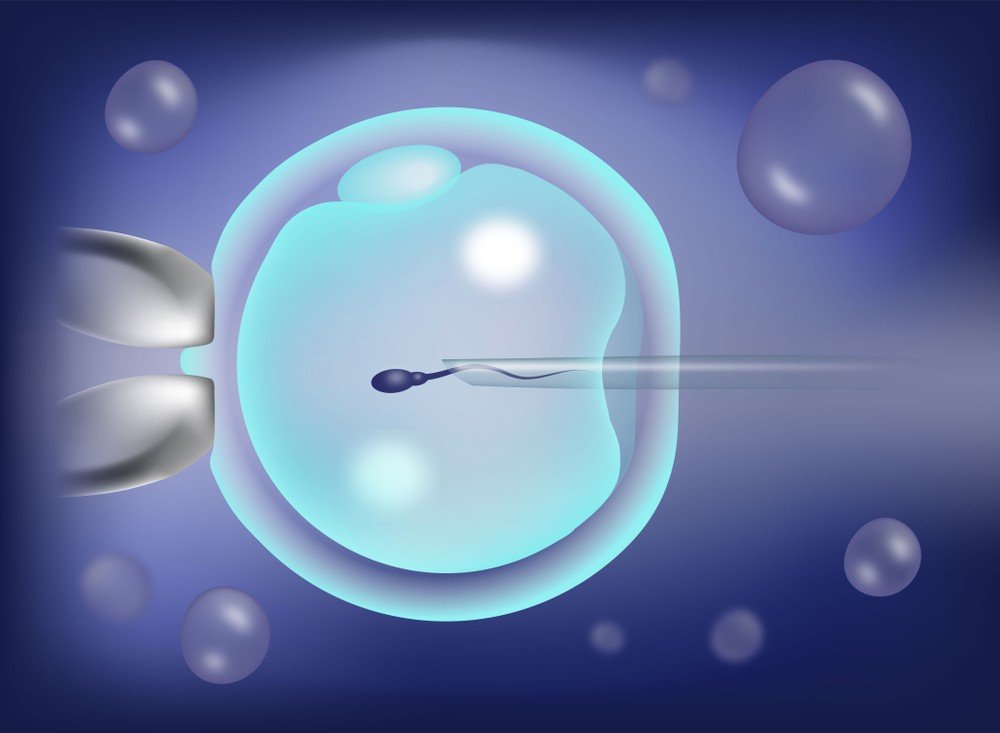The term ICSI stands for intracellular sperm injection. It is done as part of the IVF procedure. Eggs and sperm are mixed in the embryology laboratory during IVF without ICSI. A sperm cell will be penetrated into an egg’s wall and fertilised. If all goes well, the fertilised egg will begin to grow and divide, eventually developing into an embryo that can be transplanted into a woman’s uterus. The embryologist will inject a single sperm into an egg during an IVF cycle with ICSI, essentially avoiding the requirement for the sperm to break through the egg’s outer wall.
However, there are some things that you should know before going for an ICSI treatment. Read the article further to know more in detail about the same.
- Risk and complications
This treatment has no risks or side effects. However, you may develop birth abnormalities. This is not frequent because your surgeon exclusively selects healthy sperm cells to ensure your pregnancy is free of complications.
Some claim to have heard that this treatment causes problems, although this is a myth. Furthermore, when compared to ICSI, people who conceive naturally are at a higher risk of congenital abnormalities.
- ICSI Treatment Cost in India
The cost of ICSI treatment varies across cities and fertility centers. However, approximately, it will cost around Rs. 2.1 to 2.6 Lakhs. This cost includes the injections costs that are used to accelerate multiple egg growth, the cost of the embryology lab procedure and the freezing of excess good-grade embryos.
- It is possible that more than one cycle will be necessary
According to the latest statistics on IVF treatment, the treatment’s success rate is roughly 35-40%. As a result, it is safe to assume that additional cycles may be required if the prior cycles do not produce the expected outcomes.
The introduction of new IVF techniques, as well as advancements in the medical area, are significantly increasing IVF success rates.
- Rate of Success
ICSI fertilised 50 to 80 percent of the eggs. You might think that ICSI-IVF fertilizes all eggs, however, it does not. Even when sperm is inserted into an egg, fertilisation is not assured.
Remember that fertilisation rates do not indicate clinical pregnancy or live birth rates. Once fertilisation occurs, a couple using ICSI with IVF has the same success rate as those using traditional IVF treatment.
- About the egg
Because ICSI is more invasive and needs more handling than traditional IVF insemination techniques, there is a slight (less than 2%) possibility that the egg will be destroyed during the operation, resulting in a non-viable egg.
To ensure a safe treatment, one should consult the IVF centre in Chennai. The centre provides you with affordable and safe ICSI treatment to ensure a happy and healthy baby in the process.

